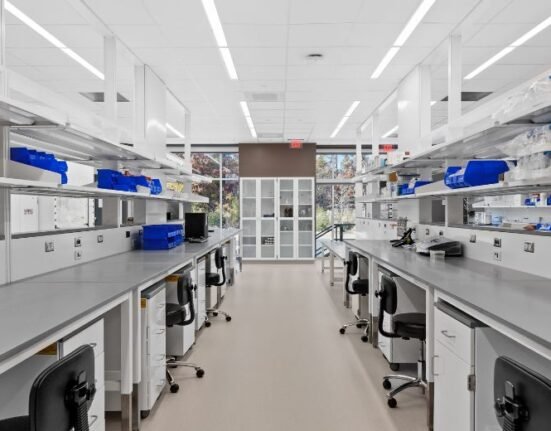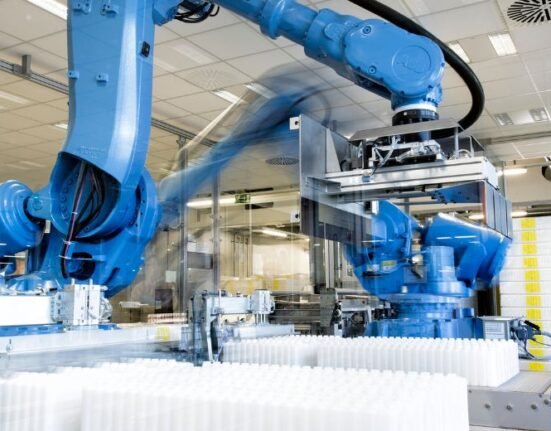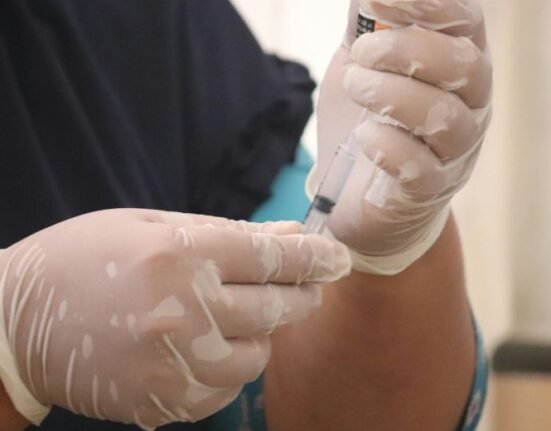HQ Team
November 23, 2023: Novo Nordisk will invest $2.3 billion to expand production of its weight-loss and diabetes drug in Chartes, France.
The investment, which includes the capacity for GLP-1 products, will increase Novo Nordisk’s ability to meet future demands for innovative medicines, according to a company statement.
The GLP drugs mimic the action of a hormone called glucagon-like peptide 1. When blood sugar levels start to rise after someone eats, these drugs stimulate the body to produce more insulin.
The extra insulin lowers blood sugar levels. Lower blood sugar levels are helpful for controlling type 2 diabetes. It is also used in the treatment of obesity.
The announcement comes at a time when demand has overshot supply for the company’s Ozempic diabetes therapy. The therapy uses semaglutide, the same ingredient used in company’s weight-loss drug Wegovy.
Double footprint
The new facilities will more than double the footprint of the site, according to the statement. The construction projects have been initiated and will gradually be finalised from 2026 to 2028.
A portion of the new investment plan was included in the capital expenditure announced in February. The additional amount will be invested through the next four years.
“Our continued investments in our manufacturing sites across the globe demonstrate the belief we have in our current and future product portfolio and its relevance for people living with serious chronic diseases,” said Henrik Wulff, executive vice president of product Supply, Quality & IT, Novo Nordisk.
Novo’s production facility in Chartres was established in 1961 and now employs around 1,600 people. The company has five strategic production sites located in Denmark, the US, France, Brazil and China.
President Emmanuel Macron is taking steps to stem the country’s industrial decline and has promised tax cuts for businesses. Corporate tax has already been reduced to 25% from 33%.
The president wants to curb a sharp decline in industrial manufacturing — which has fallen to about 10% in the last 40 years — and ballooned the nation’s trade deficit.
In comparison, the share of manufacturing to the gross domestic product had declined to about 21% in Germany.
Earlier this month, Novo Nordisk announced that plans to invest 42 million Danish kroner ($6 billion) in Denmark to create new capacities for making active pharmaceutical ingredients and expand its portfolio within serious chronic diseases.
The investment will create additional capacity across the entire global value chain from manufacturing of active pharmaceutical ingredients (API) to packaging, with the majority invested in API capacity.








